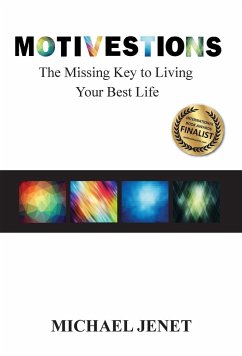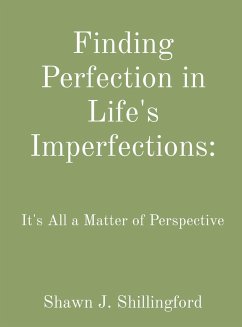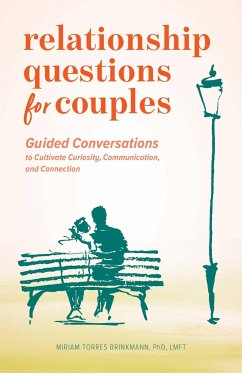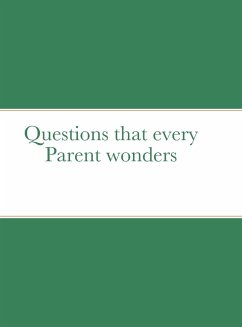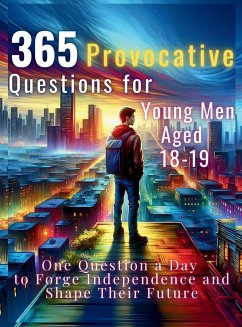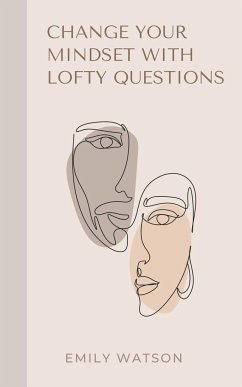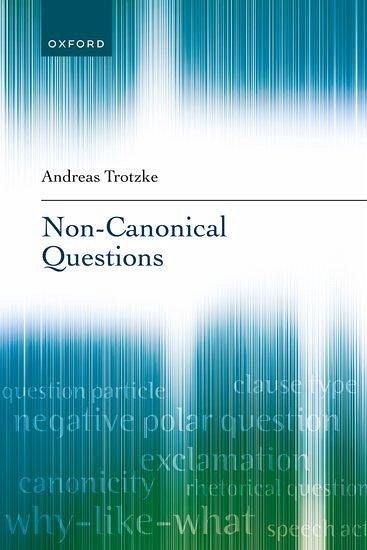
Non-Canonical Questions

PAYBACK Punkte
52 °P sammeln!
In this book, Andreas Trotzke presents a comprehensive theory of non-canonical questions - question types that additionally tell us something about the speaker's epistemic or emotional state. His account dramatically simplifies the syntactic analysis of non-canonical questions and explains some previously unobserved discourse behavior.




